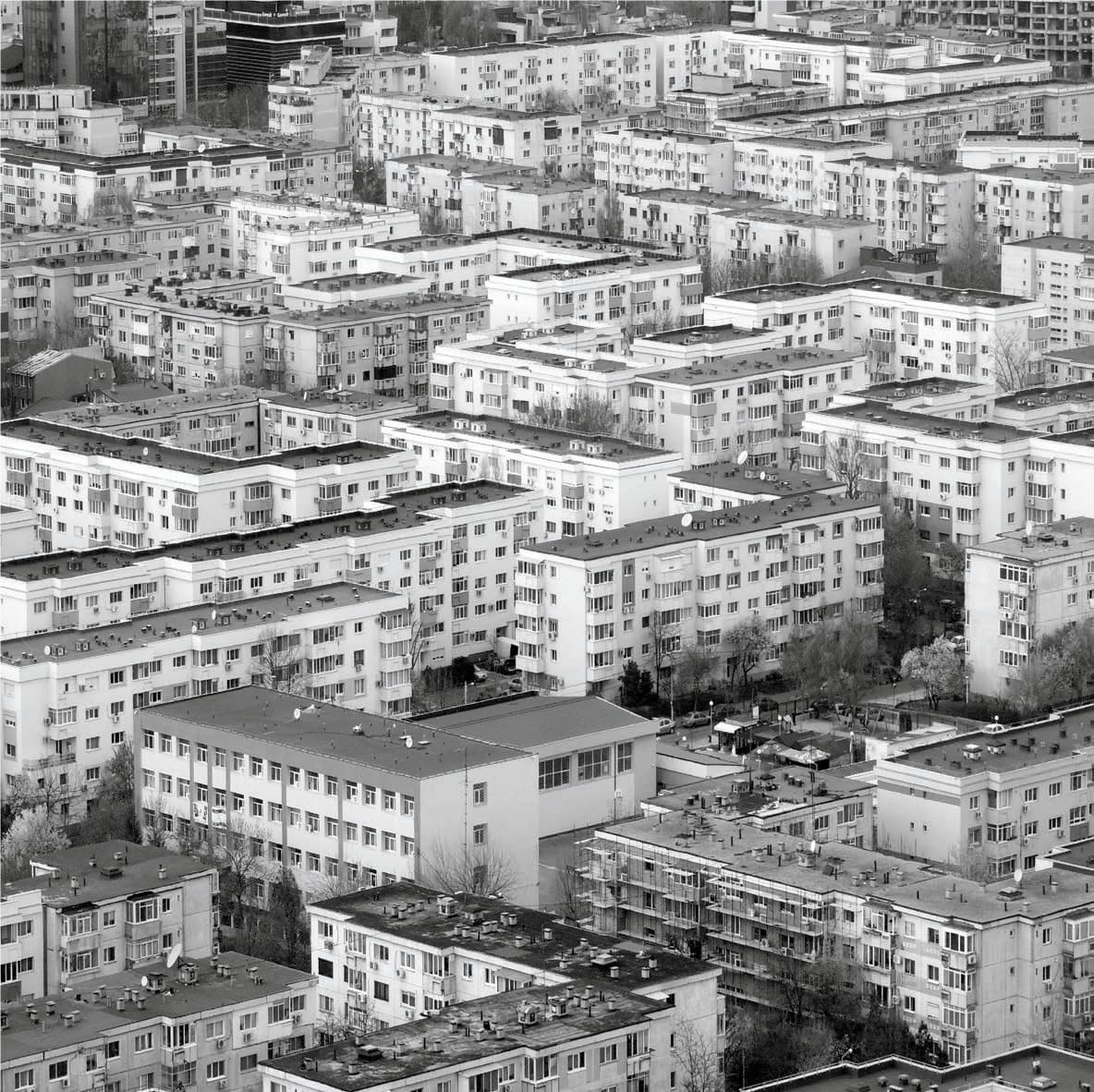MSc RUPS has been very fortunate to have a number of Romanian students over the years. Each one has been very passionate about urban change. I always wondered about this, as the consistency and intensity of this passion was always there and always visible.
In 2014, I saw the reason. Our field trip that year was developed by Irina Paraschivoiu, then a RUPS student. She took us to Bucharest to meet past RUPS students Marina Neagu and Alex Gotcă and the author of this article Anamaria Vrabie who worked with Irina at the Creative Room and MKBT. The trip itself was thought provoking, providing a great number of insights into post-communist cities, cities susceptible to natural risk (in this case earthquakes), and cities with amazing historic architecture but also huge pressures to develop.
I kept in contact with the Romanian team and even had the opportunity to visit them in Cluj in 2016. This blog by Anamaria comes from there and covers the lessons they have learned during this pandemic.
Following the end of the COVID-19 state of emergency in Romania on May 15th 2020, we looked at how to shift part of our urban innovation work in supporting a multi-stakeholder dialogue between public authorities, NGOs, universities, informal initiatives and businesses in Cluj-Napoca in order to identify the medium-term changes that our community needs.
This is how the project Cluj Resilience Tracker (CRT) (EN/RO) emerged, that documents how these stakeholders responded to the situation caused by the COVID-19 pandemic and gathers policy-related evidence on medium-term changes needed. Between July-October 2020, we will hold public working sessions in order to operationalise the lessons we’ve learned. Following these public sessions, the CRT team will offer support to the organisations that will help us monitor, in the coming years, the implementation of the commitments that we will assume, both individually and collectively, after the COVID-19 pandemic episode.
![]()
Among the type of emergency responses we are surveying are: support for vulnerable and elderly people, gathering funds and donations for supporting active groups directly involved in managing the effects of the pandemic, acquisition or donations of medical and protective equipment, support for local producers and businesses, combating fake news and supporting accurate information, as well as wellbeing support and other research and data-gathering related to pandemic responses. From the surveys, we are also collecting recommendations on loopholes exposed during the pandemic on mapping and communication of needs, reaching isolated communities, public acquisitions, multi-level governance and legislation. We publish weekly updates (RO only) on our website, with a selection of profiles for some of the initiatives we interviewed, until the final report with all the processed data will be ready in September 2020.
What we found surprising in the process of implementing CRT so far is the willingness of our interviewees to extensively share their experience, but at the same time, that many of their actions were not motivated by an organisational mission. Not surprising, however, is that peer-to-peer relationships managed to make cooperation for coordinated responses possible, rather than formal institutional partnerships or top-down directives.
One key element of design for CRT that works wonders in navigating much of the noise and myriad of opinions that dominate both our local and global reality of extreme uncertainty, is that we openly published in all CRT communication materials how we define the success of the project, thus setting its limits in terms of scope and outreach.
CRT is initiated by the Cluj-Napoca Urban Innovation Unit (UIU) (EN/RO), in cooperation with the Interdisciplinary Centre for Data Science, Babeș-Bolyai University. UIU is an initiative of the Cluj Cultural Centre, started in 2017 in partnership with the Center for Innovation and Civic Imagination of the Municipality of Cluj-Napoca.





